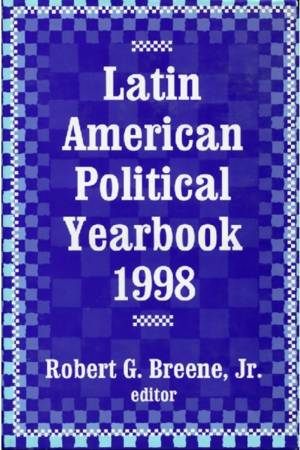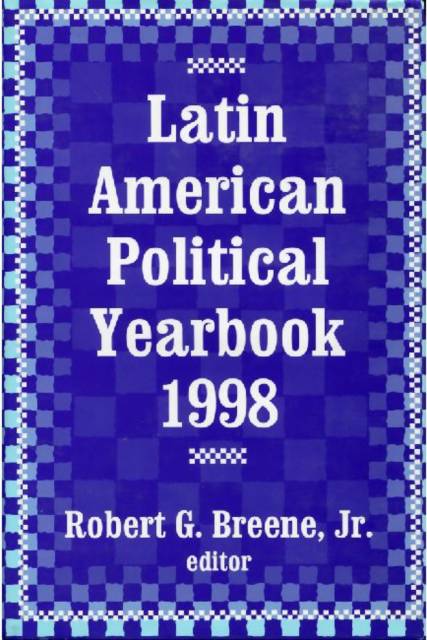
- Retrait gratuit dans votre magasin Club
- 7.000.000 titres dans notre catalogue
- Payer en toute sécurité
- Toujours un magasin près de chez vous
- Retrait gratuit dans votre magasin Club
- 7.000.0000 titres dans notre catalogue
- Payer en toute sécurité
- Toujours un magasin près de chez vous
Description
In this second volume of an annual series, Robert G. Breene provides a comprehensive overview, analysis, and summary of the major political trends and events in Central American, MERCOSUR, Andean, and Caribbean nations. He considers their significance within special countries, the entire region, and relations with the world at large.Using information from the international press and the Latin American News Syndicate network of associate editors and contributors, parts 1 and 2 update the political situations in the four groups of nations mentioned above. Part 3 devotes itself to U.S. diplomatic efforts, including the Cuban standoff and President Clinton's Mexico-Central America-Caribbean tours.Breene and his associates continue with in-depth discussions of the Hemispheric Left (HL) and HL support, the former dealing with the loose association of Latin American Marxist and Marxist-Leninist organizations. Breene examines the enigmatic Fidel Castro, paying special attention to his meeting with the Young Communist League and his "fine Italian hand" in the Cuban Communist Party. Building upon Yearbook 1997, . the editors expand their study of HL umbrella organizations; Colombian, Mexican, and Central American terrorist groups; and the so-called Central American "peace process," which culminated in the Guatemalan Peace Accords. The book concludes with a look at Latin-American international organizations including trade and tariff associations, technical groupings, and hemisphere-wide associations such as the Cumbre Iberoamerica, the Grupo de Rio, and the Organization of American States. Latin American Political Yearbook, as before, provides a timely look at relevant background information necessary to an understanding of the status of political forces in Latin America today. Brimming with facts, yet balanced by a sense of humor, this compact yet comprehensive volume is essential reading for political scientists, Latin-America area specialists, and historians
Spécifications
Parties prenantes
- Auteur(s) :
- Editeur:
Contenu
- Nombre de pages :
- 410
- Langue:
- Anglais
- Collection :
Caractéristiques
- EAN:
- 9781560003861
- Date de parution :
- 30-04-99
- Format:
- Livre relié
- Format numérique:
- Genaaid
- Dimensions :
- 162 mm x 236 mm
- Poids :
- 757 g

Les avis
Nous publions uniquement les avis qui respectent les conditions requises. Consultez nos conditions pour les avis.






